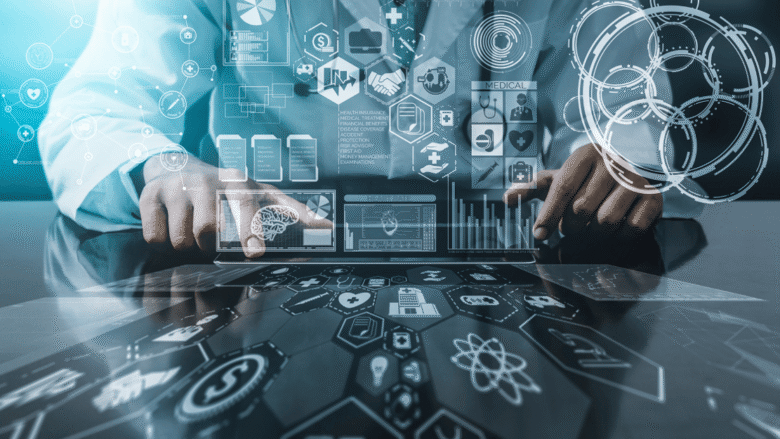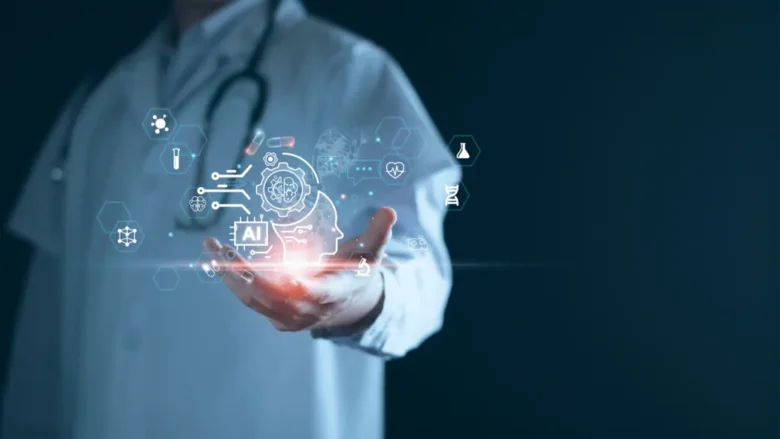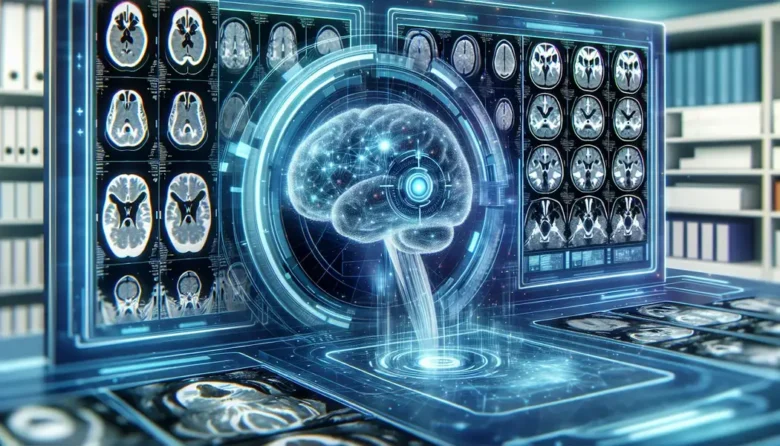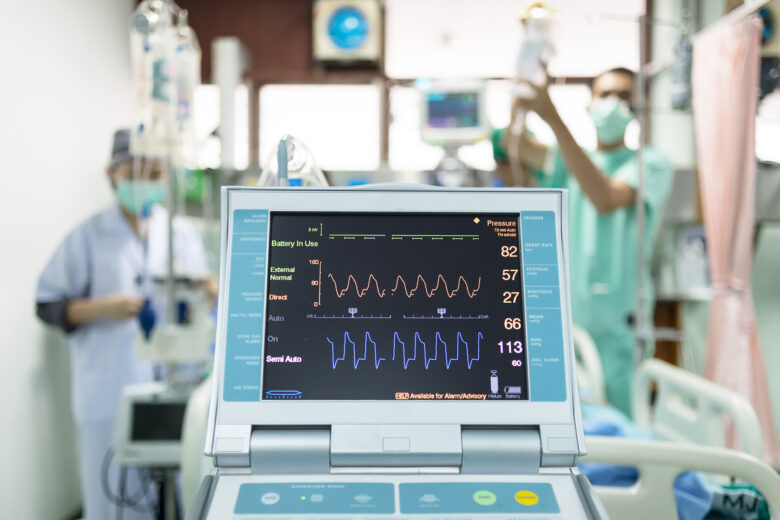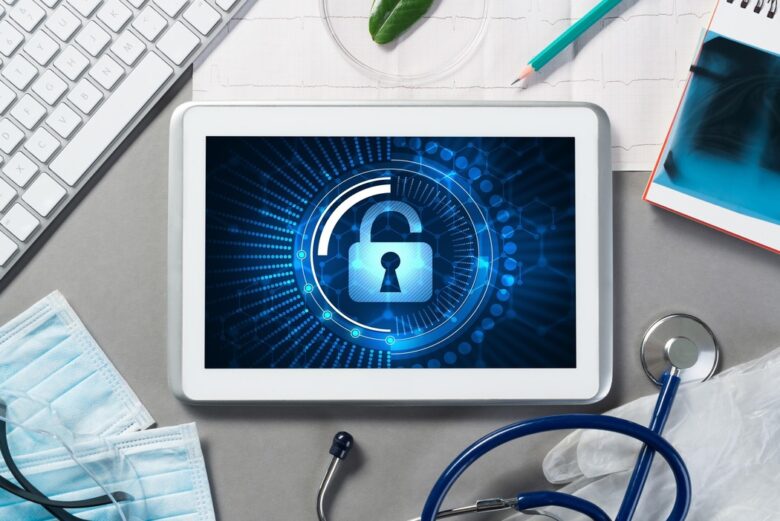People striving for long-term good health, rather than just short-term gains, are increasingly focusing on managing their weight naturally. These days, the internet is flooded with all sorts of diets, supplements, and weight loss trends, making it difficult to distinguish which methods are truly effective and which are just fleeting hypes. The good news is …
Making healthy lifestyle choices, like eating healthily, engaging in physical activity regularly, and forgoing harmful habits, such as smoking, can all contribute to living a longer and happier life. Make a point to practice these healthy behaviours every day, and when roadblocks arise, devise solutions. Implementing new health habits into your life may seem intimidating, …
Did you know that even mild dehydration can impair brain function and mood? Many people go through their day feeling worn out, irritable, or unable to focus, not realising the simple cause could be a lack of water. Our bodies are made of about 60% water, making hydration one of the most critical, yet often …
The convergence of fintech and healthcare is creating an entirely new model of healthcare services, with artificial intelligence at its core. For years, rising healthcare costs, difficult access to care, and the sheer size and high costs of healthcare systems have made it difficult for healthcare institutions to cope. Now, the powerful combination of fintech …
In today’s rapidly evolving digital healthcare environment, Natural Language Processing (NLP) and Artificial Intelligence (AI) are transforming how physicians interact with patients and data. Automating medical documentation using AI-driven NLP is one of the most innovative developments in this transformation. Healthcare professionals often spend a significant amount of time on administrative tasks, limiting their ability …
Telemedicine, powered by artificial intelligence and predictive analytics, is revolutionizing chronic disease management. Chronic diseases like diabetes, hypertension, cardiovascular disease, and respiratory illnesses have plagued healthcare systems for years. Traditional treatments focused on reactive intervention after problems arose. However, AI-powered predictive analytics is making healthcare more proactive and preventative. These technologies provide real-time monitoring, early …
Healthcare is undergoing a massive transformation due to the rapid adoption of artificial intelligence (AI) in remote patient monitoring (RPM). Video calls and simple online exams used to be the primary uses of telemedicine. But with the advent of AI, it has evolved into a smart ecosystem that connects patients and doctors and analyzes health …
Artificial intelligence (AI) is revolutionizing healthcare, especially telemedicine. AI-assisted diagnosis is revolutionizing how doctors remotely analyze data, detect diseases, and make clinical decisions. Traditional diagnostic accuracy relied on human skill and in-person examinations. Today, AI can analyze complex medical data, including scans, laboratory results, and patient histories, with extremely high accuracy and speed. This improves …
Tele-ICUs are at the heart of a healthcare revolution driven by the integration of artificial intelligence (AI) and telemedicine. AI-powered tele-ICUs enable real-time analysis, remote monitoring, and decision-making, saving lives in the critical, time-sensitive environment of the intensive care unit. Hospitals worldwide are leveraging AI to ensure that specialists can assist in critical situations even …
In today’s rapidly evolving healthcare environment, telemedicine has revolutionized the interaction between doctors and patients. Electronic prescriptions, remote health monitoring, and virtual consultations have exponentially increased the exchange of sensitive medical information online. While this technological shift improves the accessibility and convenience of healthcare services, it also introduces new cybersecurity risks. For healthcare institutions, protecting …




